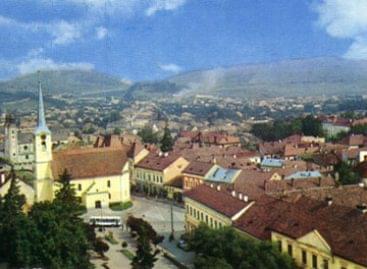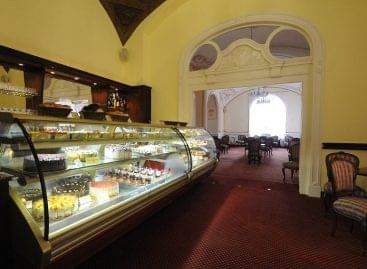Budapest’s nightlife has reached a turning point: instead of mass tourism, a qualitative rethink is needed
The once vibrant nightlife of Budapest has now been spectacularly worn out – the legendary ruin pubs have been replaced by clichéd bars tailored to the needs of quantitative tourism, while the city’s nightlife economy is crippled by systemic problems. The lack of strategic thinking, coordinated regulation and quality developments threaten the capital’s tourist and cultural appeal in the long term, writes Pénzcentrum.
Loss of uniqueness
 After the turn of the millennium, the iconic centers of Budapest’s alternative cultural scenes – such as Szimpla or Gödör – offered a unique atmosphere on a global scale. These places were meeting places for local intellectuals, creatives and curious tourists, but from the 2010s onwards, mass tourism displaced organic development. Large-scale clubs were pushed into the background, and downtown entertainment venues were crammed into a narrow zone, where the offer was often monotonous and overcrowded.
After the turn of the millennium, the iconic centers of Budapest’s alternative cultural scenes – such as Szimpla or Gödör – offered a unique atmosphere on a global scale. These places were meeting places for local intellectuals, creatives and curious tourists, but from the 2010s onwards, mass tourism displaced organic development. Large-scale clubs were pushed into the background, and downtown entertainment venues were crammed into a narrow zone, where the offer was often monotonous and overcrowded.
Reactive urban policy, lack of vision
The city government has not developed a meaningful vision or sectoral coordination. Regulation is carried out at the district level, often through bans, which makes it difficult to conduct sustainable, quality business. Budapest does not follow international examples: while London, New York or Amsterdam operate this sector with a night mayor and a well-defined strategy, in the Hungarian capital the responsibilities are fragmented, the rules are contradictory.
It’s about more than just bars
According to experts, the concept of the “night economy” is much broader than the operation of entertainment venues: it includes evening transport, public safety, healthcare, freight transport, and even night-time cultural and commercial services. Despite this, Budapest’s nightlife has not only weakened in quality, but has also become strongly geographically concentrated, while the development of alternative cultural zones is hampered by restrictions.
Surviving on the Edge
The post-pandemic restart should have provided an opportunity for change, but instead old mistakes have been repeated. Some caterers have moved to new locations – such as Bartók Béla út or Margit körút – but local closures and noise ordinances are also hindering long-term operations here. Smaller, cultural businesses are also disproportionately affected by general bans, while regulations apply less effectively to establishments that attract crowds.
Related news
The Székely counties will present themselves with a joint stand at the 48th Travel Exhibition
🎧 Hallgasd a cikket: Lejátszás Szünet Folytatás Leállítás Nyelv: Auto…
Read more >The Bubi pilot period continues: you can still test Mobi points with bikes until the beginning of March
🎧 Hallgasd a cikket: Lejátszás Szünet Folytatás Leállítás Nyelv: Auto…
Read more >NGM: the government is extending the 5+1-point catering industry action plan to include pastry shops
🎧 Hallgasd a cikket: Lejátszás Szünet Folytatás Leállítás Nyelv: Auto…
Read more >Related news
The impact of the forint exchange rate on GDP growth
🎧 Hallgasd a cikket: Lejátszás Szünet Folytatás Leállítás Nyelv: Auto…
Read more >








